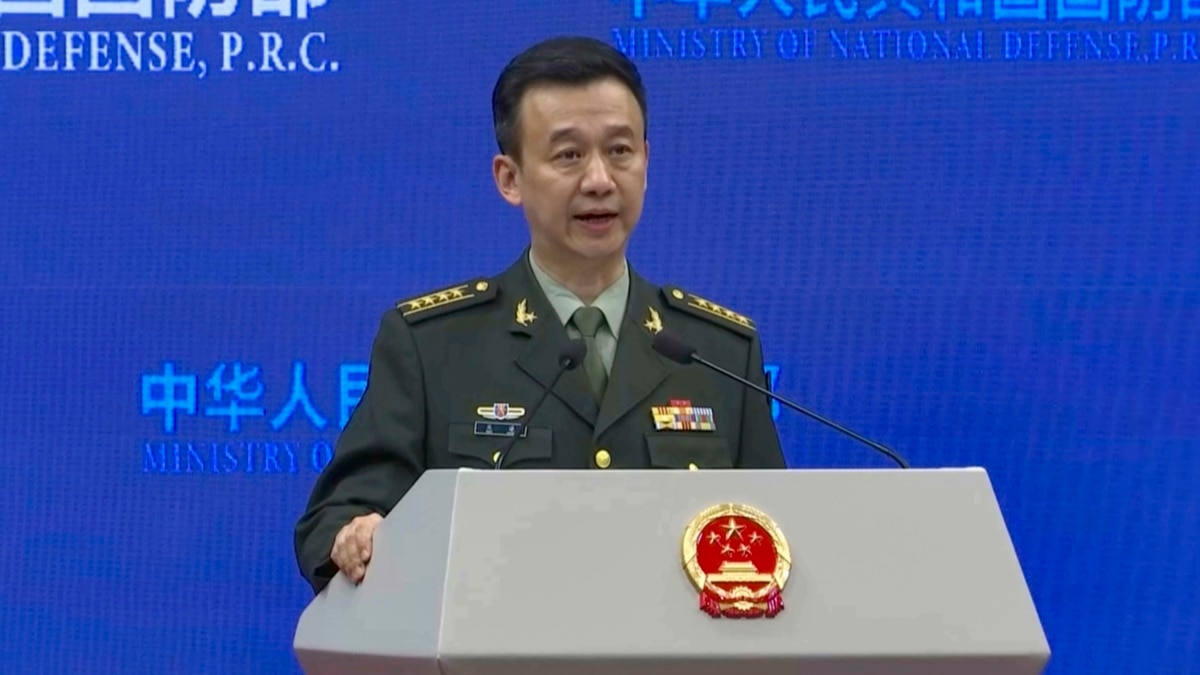Kang Hye-ran, senior cultural reporter
‘History repeats itself twice. The first time as a tragedy, the second time as a comedy.’ It is often said that this is true, but to the individual who actually experiences it, isn’t tragedy just a tragedy no matter how many times it is repeated? I had that thought while watching the Seoul Metropolitan Theater Company’s original play ‘Tungso Sori’ (premiered at M Theater, Sejong Center for the Performing Arts, Seoul, November 11-27). This play, based on the Chinese novel ‘Choi Cheok-jeon’ (1621) by Jo Wi-wi (1567-1649), a civil servant in the mid-Joseon Dynasty, is set against the backdrop of wars that took place in succession over the past 30 years, including the Japanese Invasion of Korea, the Japanese invasion of Korea, and the invasion of the Ming Dynasty by barbarians. It is about Choi Cheok, a nobleman living in Namwon, Jeollabuk-do, and his wife Okyoung, who are swept away to China, Japan, and Annam (Vietnam). Thanks to their perseverance and determination, the entire family is miraculously united. Actors including Lee Ho-jae, Park Young-min, and Jeong Sae-byeol ran wild and laughed loudly for 150 minutes, wiping away tears as director Go Seon-woong of ‘Cho’s Orphan, Seed of Revenge’ went on and on for 15 years.
![[강혜란의 쇼미더컬처] History repeats itself, from tragedy to tragedy [강혜란의 쇼미더컬처] History repeats itself, from tragedy to tragedy](https://pds.joongang.co.kr/news/component/htmlphoto_mmdata/202411/29/1457f849-609e-4a38-a5b1-b2e8a3af8e9f.jpg)
The original play ‘Tungsosori’ (adapted and directed by Go Seon-woong) premiered by the Seoul Metropolitan Theater Company based on the Chinese novel ‘Choi Cheok-jeon’ (1621) from the mid-Joseon Dynasty. [사진 세종문화회관]
Although it is a story from 400 years ago, it is a pain that can never become a thing of the past for those of us who have not yet been able to heal the separated families of modern history. In addition, the content of ‘Tungso-sori’, or rather the original ‘Choi Cheok-jeon’, is surprisingly modern. First of all, the encompassing space extends to Vietnam, and international marriages involving daughters-in-law from Ming Dynasty families also appear. Apart from depicting the brutality of the invading Japanese army, it also depicts the benevolence of the Japanese merchants who collect and help the prisoners without prejudice. When the strength of women facing misfortune is emphasized, one wonders, ‘Is this a 17th century Joseon novel?’
Looking at it another way, today is not that far removed from that era. In fact, historians believe that the Japanese invasions of Korea at the end of the 16th century were the signal that changed the order of the eastern Eurasian region. Since the expanding maritime power (Japan) clashed on the Korean Peninsula with the continental power (the Han Chinese state in the Central Plains) that led the old order, the people of this land have been living, knowingly or unknowingly, like the characters in ‘The Battle of Choi Cheok’. The world that each person experiences and encounters has become wider and more complex. Friends became enemies and enemies became friends again, repeatedly. The 17th-century Joseon people may be closer to the 21st-century Koreans than the 13th-century Goryeo people in that they walk a tightrope and actively struggle for individual survival amid the clash of powers between neighboring countries.
Director Ko Seon-woong said in his greeting with ‘Tongso Sound’ that “even if times change, the resonance will still be there” and that “the world is still in war everywhere” and expressed his regretful thoughts. He also expressed his sincere hope that there would be no more war in this land. Who wouldn’t it be? However, just as Choi Cheok, who took refuge in the Ming Dynasty, suddenly ends up as a mercenary in a battle against a noble family, individuals are often powerless in the face of the storms of history. This is true just by looking at the reality that North Korean young people who may have escaped the border for the first time in their lives are accidentally becoming bullets in Ukraine. Will we be able to end this tragedy? At the end of the play, only the sound of a drum flows quietly.
Kang Hye-ran, senior cultural reporter

